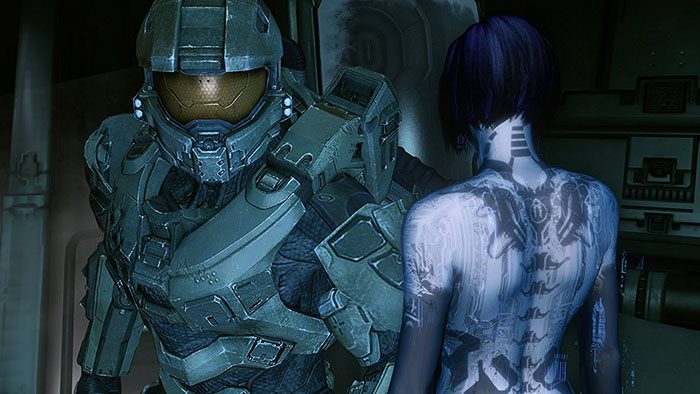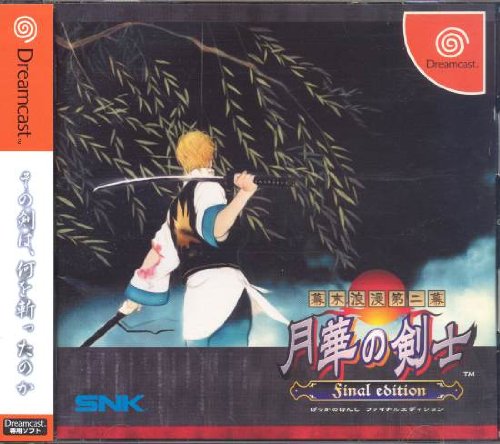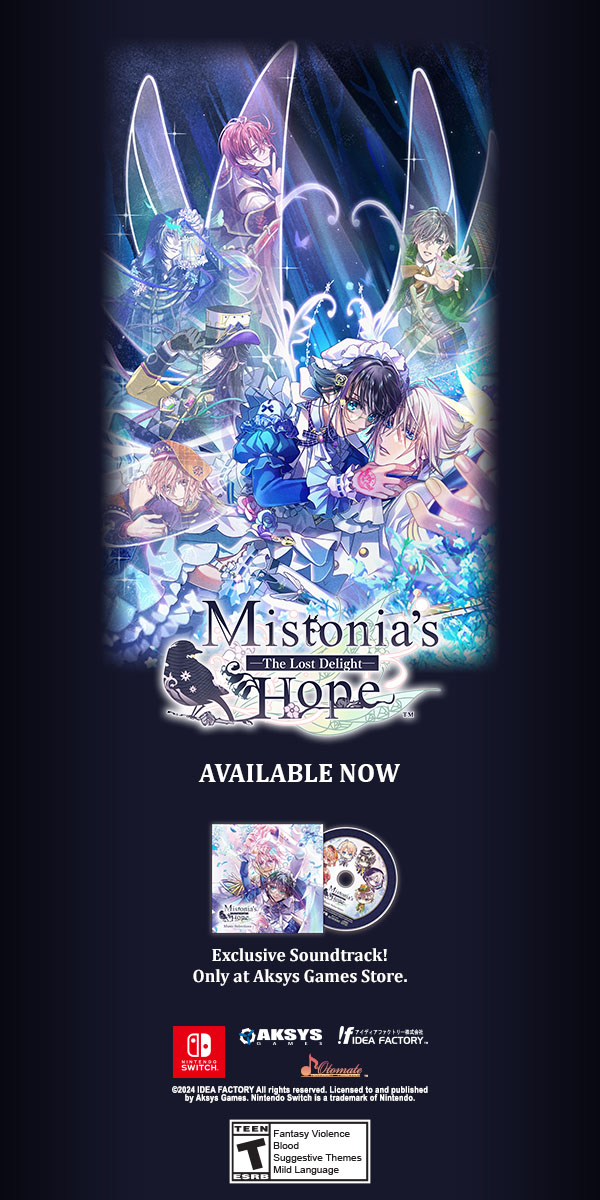
You’d be hard-pressed to spend any significant amount of time discussing videogames without hearing people talk about their favorite developing or publishing companies. Every gamer has at some point in their career said or heard something along the lines of “I love WayForward. Xeodrifter, Mutant Mudds, the Shantae and Mighty Switch Force are all awesome retro-throwback games.” This sentiment is probably familiar to many of you reading this, but what’s interesting about it is that all the games listed are from the minds of Matt Bozon and Jools Watsham, two extremely talented creators who made a name for a company, but not for themselves. And this isn’t limited to this single example. Fans more closely associate Ubisoft, Activision, Microsoft, and countless others to certain styles and series of games, rather than the creatives behind them.
Focusing on What’s Important

How many people recognize names like Patrice Désilets, Sefton Hill or Jason Jones? Probably not many of you, but these people are responsible for some of the most important and influential games of the 21st century (The Assassin’s Creed, Batman: Arkham, and Halo series respectively) while we—the fans—largely offer recognition only to the companies these people were paid by. That’s not to say that no game creators have gained their own following. Shigeru Miyamoto, Masahiro Sakurai, Hideo Kojima, Jeff Kaplan and more have become household names for the gaming community, but only after years of acting as spokespersons for their games. And much like a good game, the reason this is problematic is multi-layered.
If we only celebrate the creatives behind our favorite games when they work a secondary position like public relations, we devalue the work they put into the making what we love. It’s an attitude that damages the recognition our favorite medium receives as an art form, too. After all, people like Salvador Dali or Stanley Kubrick became some of the biggest names in painting and film respectively without ever needing to get in front of a camera as a promoter in order to earn their recognition. The general sentiment among the community is that we consider video games to be an artistic medium and would rather see others accept it as such, but when we portray corporations as being more important than artists, we make it look as though we don’t care about artistic credentials at all.
When we give companies more credit than creatives, we give the impression that we consider the former to be more important, when that is absolutely not the case. Designers like Undertale’s Toby Fox can make great games without a corporation, after all, but corporations can’t make games without designers. So there’s no reason to place the companies above them. In fact, this attitude could even hypothetically negatively affect the industry itself. If game designers are considered secondary to the creative process, then game companies will hold less stock in them and will be less likely to invest in their passion projects—like Christian Cantamessa’s Red Dead Redemption—as a result.
Credit Where Credit is Due
All this is not to say that game companies shouldn’t be recognized for their contributions behind the scenes. They provide important funds and resources, allowing designers to make games as a full-time job and distribute them on a large enough scale to be accessible to nearly everyone like they are today. They also can legitimately help players identify styles of games that appeal to them. The fact that this is being published by a site primarily focused on anime offers us a perfect comparison here, since anime studios also tend to be known for a particular style that many of the directors and animators play into. Those creators will then influence whatever staff members join the studio in the future, leading them to inherit that style and thus maintaining the association between the studio and its creative direction. After all, if fans of Tatsuya Isahara and Naoko Yamada also consider themselves fans of Kyoto Animation, it makes sense that fans of Hiroshi Matsumoto and Takashi Nishiyama also consider themselves fans of SNK. The difference is that KyoAni fans more often than not recognize Isahara and Yamada by name, whereas even some of the most diehard SNK fans in the fighting game community seem unable to recognize the names of the previously mentioned creators of games which gave the company its reputation for fighters (Art of Fighting, Fatal Fury, The Last Blade, etc.). We’re not trying to shame these individuals for not knowing these names, we only want to show that our culture as gamers tends to focus too much on corporations at the expense of creative staff, something we hope to see change.
Final Thoughts

Video games have touched each and every one of our hearts at some point in our lives and that’s an experience that only brilliant game designers can bring us, which is why it’s upsetting to see them remain unknown, even when they amass crowds in the millions. Fortunately, some change is happening for the better. Indie solo projects are easier to make now than ever before, veterans can use sites like Kickstarter to support their work without corporate oversight and the spread of the internet has given creators a plethora of outlets to connect with fans should they choose to do so. Regardless, we still look forward to a time when game creators can be celebrated the way they deserve.
Who are your favorite unsung heroes of the gaming industry? Let us know in the comments and be sure to stick to Honey’s Anime for more on all the best video games and the people who make them.


